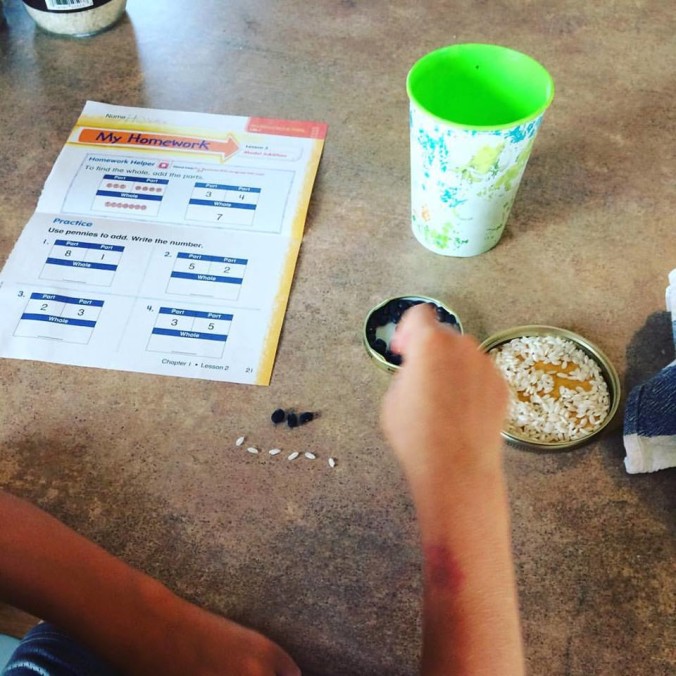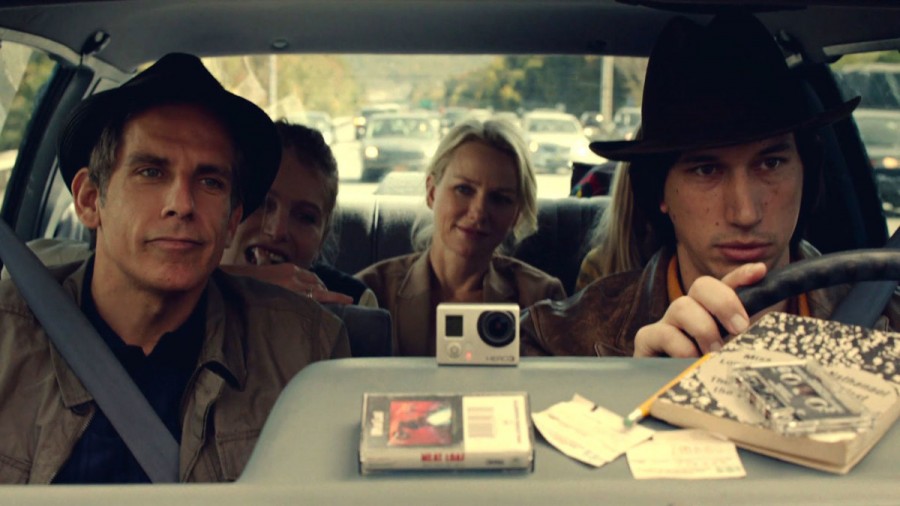Warning: This post is the living room conversation that I know will never be, but wish it were. In my ideal world, we would sit in the living room while JJ popped popcorn, enjoy the show, and then discuss afterward. But my sense of reality seems to be growing in my old age, so we’ll settle for me giving some thoughts, you going an watching the movie, and then returning here to agree/disagree/share.
JJ came home the other night with a movie he “thought we’d both enjoy.” It included Ben Stiller, was called While You’re Young and had a sub-plot centered on getting older and having kids. What’s not to love?!
At :45 into the movie, we both hated it. It was slow, we got annoyed with characters, and our expectations were way off. This was not “Meet the Parents” Stiller. This was artsy Stiller (who, btw, shows the depth of his talent) but I was tired and unprepared for the mental work of a thinksy film. Also, there’s an entire scene full of puking and I hate vomit.
By the end, the film redeemed itself. The climax, truth-telling scene pushed me to the back of my seat in awe.
The storyline centered on a middle aged, childless couple who become friends with a young hipster couple in the wake of their best friendship being siderailed by a baby. The hipsters introduce them to other ways of living (“They make everything!” Stiller tries to explain to his SAHD friend) and become saturated with the idea of generosity.
The hipster dude is a budding filmmaker who seeks Stiller’s advice in making a documentary, and – in the spirit of generosity – Stiller helps him. He even offers resources. Along the way, Stiller’s father-in-law, a world renowned documentarian, also gets on board.
Then things get weird. (Enter: puking scene). Distrust for the hipster couple starts to grow. All of a sudden, we’re faced with the fact that not everything we know to be true about the hipster couple is, indeed, true. In fact, there are manipulations to the truth. When Stiller confronts the young filmmaker, he writes it off, appealing to the relativity of truth.
It turns out, the young hipster couple did not live a life of generosity because they believed in world made better by being generous. Generosity appealed to them because of the ways in which it made their life easier. They didn’t do the hard work of life and become generous with its fruits – they simply expected others to do so.
We see this in their approach to friendship. While they invested time into the Stiller couple, they did not do the hard work of honesty, vulnerability and truth-telling. They told the couple what the couple wanted to hear. They weren’t honest with their own beginnings and, in fact, entered into the relationship under false pretenses. But the older couple did do the work. They wrestled. They lost out on other friendships. They were vulnerable with the hipsters in sacred ways.
At the end of the movie, the hipster makes it big with his film. He edited the content in less than 24 hours and held a party/screening. Meanwhile, Stiller returns to sifting through his precious 6 hours of film, tasked with reducing it and maintaining the integrity of the story he wants to tell.
As a person who teeters between the two generations portrayed in the movie, I resonated with all characters at times and became struck with the honesty the movie laid out in front of us. (It was one of those movies that you think “ok, now I can go to bed” when it’s over, and then at 3am you wake up parsing through the subplots. You don’t do that? Oh, never mind. I don’t either.)
I personally spent the last few years intentionally trying to grow in the spirit of generosity. It resonates well with me. Truth-telling – another buzzword of the day – means something in my life. They are grounded in my understanding of God as the source of generosity and in our duty to reveal his nature.
This morning I read (from The Message translation) Matthew 7:13-14:
“Don’t look for shortcuts to God. The market is flooded with surefire, easygoing formulas for a successful life that can be practiced in your spare time. Don’t fall for that stuff, even though crowds of people do. The way to life—to God!—is vigorous and requires total attention.”
I couldn’t help but think of this young hipster couple and their approach to life. How simple it is to wave a flag of ideas like generosity and love and friendship without doing the hard work of weaving them into the fabric of our lives? This young couple wanted the world to live them out so that their own lives could be easier, not for the world to be better. In fact, I wonder if they believed that if their lives were easier than the world would be better. (Ironic, said by the woman who just whined and complained about school forms being an utter inconvenience, eh?)
Despite my highly aware eating habits, I’m not a hipster. I’m not cool. But I was born into an era of convenience – foods, entertainment, and lifestyles. The generation behind me has experienced it at a heightened level. With a change in pace comes effects on our life that I don’t believe have ever been calculated, and I believe they will hold great bearing on the way in which we practice our faith. I can identify and even sympathize with the challenges of accepting a faith that says it requires total attention and a lifetime of vigorous work. Who wants that? We want to do what we love and retire at 40. Following Jesus when it’s hard does not appeal. Loving people who don’t love us has little appeal when they’re mean. “Serving” becomes a noble concept, especially when we’re the ones served, but as another teacher once said, “We love the idea of being a servant until someone starts treating us like one.” Ouch.
At first I felt this movie played with the young generation’s approach and handling of the concept of truth. But for myself, it shed light into our human (not just youthful) propensity to gravitate toward what is easy over what is good. The bootstrap generations ahead of us might be shouting Amen behind me, but I’m not talking about the easy way of working hard for yourself and leaving the rest of the world to fend for itself.
Truly, this doesn’t come down to how many hours you spend at an office (or not) or if you expect people to make your life easy (or not). Life is much more than that. I believe that’s the idea behind Generosity, and more so, the Gospel. We give to the world not in relation with what we have but because we want the world to have it. Not because it’s owed to us.


